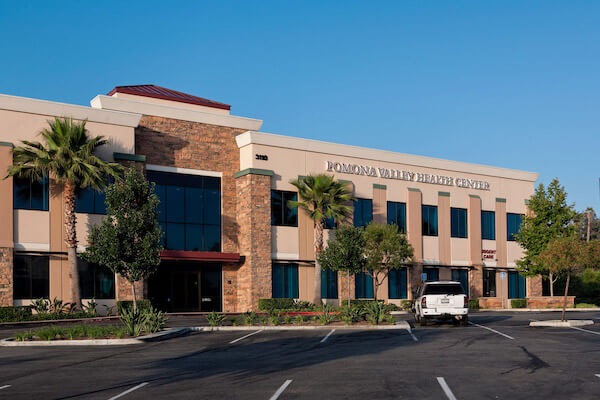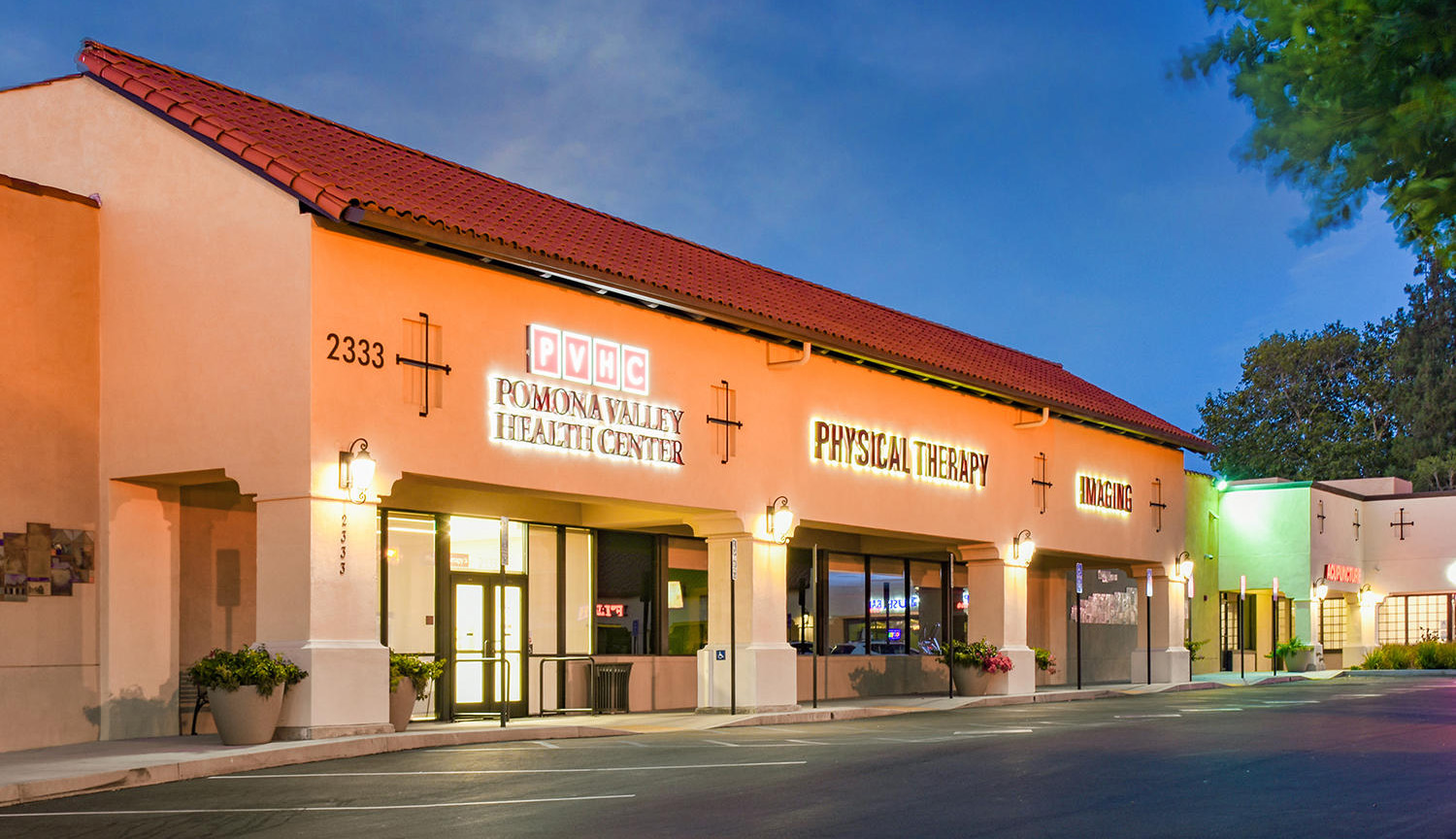It’s a question that has been in the news recently, as some studies have shown that with the over use of certain tests, which in some cases happen during annual physicals, could actually be harmful.
Most of us see the doctor when something is wrong. So we may not have even had an overall exam for a very long time. And, the question becomes, do we really need to see our primary care physician for a complete physical every year?
The common logic behind regular physicals is that they can detect problems early on, while treatment is still an option, or while a diagnosis can be easily made. It is also a time when you can discuss anything that might be concerning you, or get recommendations about lifestyle changes that might not seem appropriate when you are seeing your doctor for an acute problem.
And conversely, putting off your physical can lead to serious complications, because some very serious illnesses and diseases have no early physical signs or symptoms – but can be identified through testing that is often done during a physical.
Not Everyone Needs a Physical Every Year
Probably the best way to look at routine physicals is sort of taking a middle ground. They are important, but regular means something different to different people.
So no, not everyone needs an annual physical exam. A lot of it depends on your age and your overall health. Here are general guidelines to follow:
Under 30 and are in Good Health:
If you’re under 30 and live a healthy lifestyle, meaning you don’t smoke or drink too much, don’t have known disease risk factors (including being overweight) and don’t already take prescription medications — get a check-up every two to three years.
If you’re a sexually active woman, it is recommended that you get a Pap smear to screen for cervical cancer by at least age 21. Then, ask your doctor how often you should screen in the future.
Age 30-40 and in Good Health
If you are healthy consider getting a physical every other year. Simple as that.
Age 40-50 and in Good Health
Baseline mammograms are now recommended for women once they turn 40, and should be repeated every 1-2 years. But other than that most of us can still get by with a complete check up every couple of years.
Age 50 and in Good Health
If you have reached age 50, you are already probably keenly aware of the fact that some things are just not as easy to do as they were when you were younger. More aches and pains. It’s harder to keep weight off. As we get older many of us start to see more physical problems in general, and so at around age 50 you should really begin getting annual physicals.
Age 50 is also when both men and women should first undergo colonoscopies to screen for colon cancer. But this is not an annual test. In fact today colonoscopies are only recommended every 10 years unless you have a family history of colon cancer, colon polyps, or the test results are abnormal.
Not so Healthy?
Now we’ve looked briefly at how you should approach physicals if you are healthy. Let’s consider what is appropriate if you have ongoing health problems. If you take regular prescription medication and/or have any chronic disease risk factors, annual physicals may be recommended, since regular blood tests may be necessary and treatments may need to be adjusted.
If you are considerably overweight, you should also consider getting physicals on a more regular basis. Extra weight can increase your risk for problems such as high blood pressure, high cholesterol and diabetes.
Remember, as always, the recommendations in this article are just guidelines. If you have questions about whether you need more or less frequent physicals, speak with your PVHC physician, who is better equipped to help you determine your individual needs.
So is it time for a physical? Give PVHC a call to arrange for your physical with your personal doctor.
“The truth is that each of my patients is ultimately responsible for their own health, but as a physician I can help you stay healthy, and regular physicals can help us both to stay on top of your individual situation.” – Allan Cabral, M.D.
With our busy schedules these days it can seem hard to find time to exercise. But just 20 minutes of exercise three days a week really does help you stay healthy. It can help you increase your circulation, keep your weight down and even fight off depression, among other health problems.
The exercise you do does not have to be overly strenuous to do you good. A 20-minute walk with the dog (or a stroll in the evening with your spouse), a gentle swim, or some work in the garden could do the trick. Better still, your 20-minute “workouts” could be a combination of four 5-minute sessions of exercise, two 10-minute sessions or 20 continuous minutes.
The key is to get out and do something. Not sure where to start? A short chat with your PVHC physician about what kind of exercise might be right for you is always a great place to begin.




